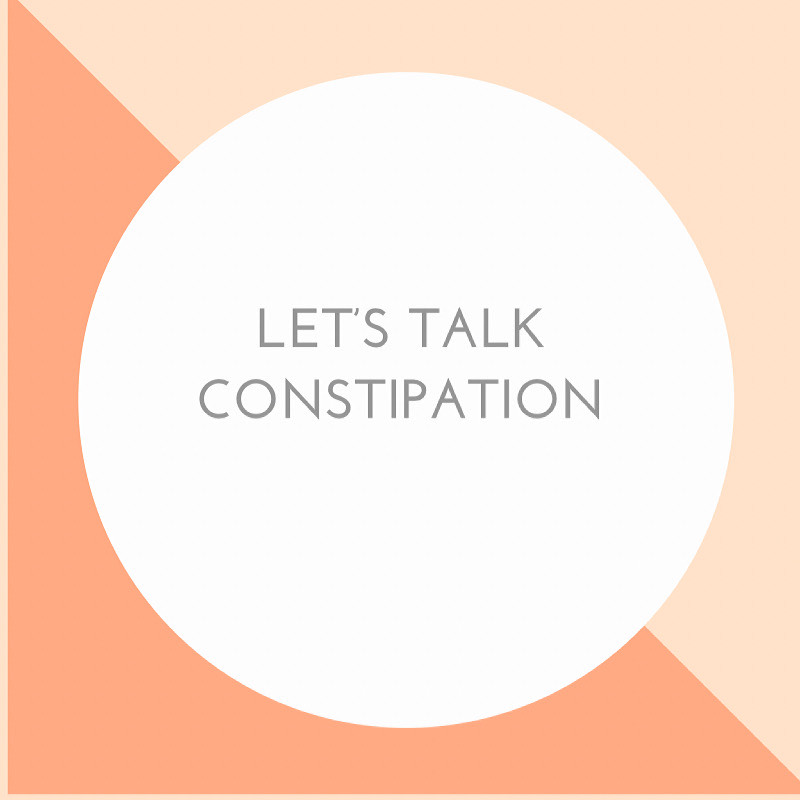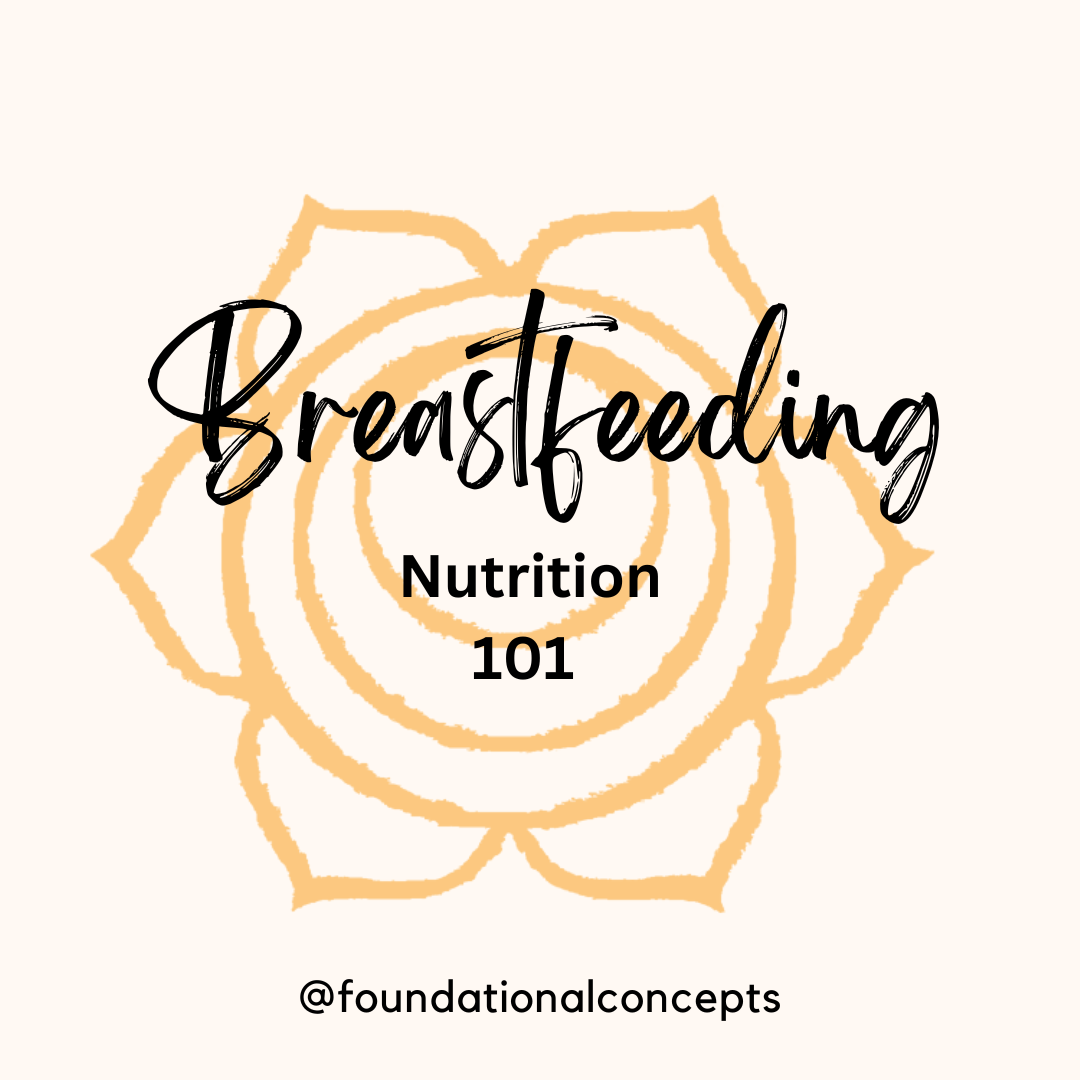Nutrition plays such an important role in our pregnancies and post-partum periods. Breastfeeding requires time…

Constipation Overview
Constipation is the most common gastrointestinal complaint – about 4 million Americans experience constipation and make 2.5 million physician visits a year to get help for the problem.
Constipation can occur when the colon absorbs too much water, the colon’s muscle contraction is slow or sluggish, and/or there is delayed transit time through the colon. The result is stool that is hard and dry.
Established guidelines for defining constipation are when a person has two or more of the following symptoms for at least 12 weeks (not necessarily consecutive) in the past 12 months:
- Straining during bowel movements that occurs more than 25% of the time
- Lumpy or hard stools in more than 25% of bowel movements
- Sensation of incomplete emptying in more than 25% of bowel movements
- Sensation of anorectal obstruction/blockade in more than 25% of bowel movements
- Manual maneuvers to help empty in more than 25% of bowel movements (examples include digital evacuation, support of the pelvic floor)
- Less than 3 bowel movements per week
- Loose stools are not present, and criteria for irritable bowel syndrome are insufficient
Stay tuned for our next post that will address the common causes of constipation!



